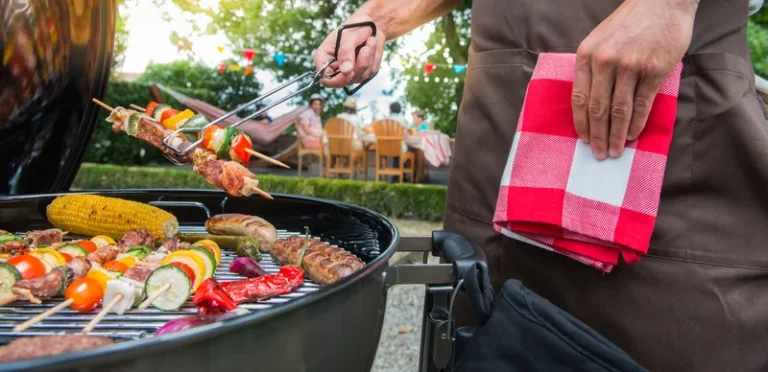
At this age, peer pressure has the potential to affect a child’s long-term health and well-being and put them into dangerous situations. On the negative side, peer pressure can lead to bullying, risky behavior, and silence in the face of wrongdoing. It’s the influence that people your age or social group have on you to conform to their behaviors, attitudes, and standards. Not all peer pressure is negative, sometimes your friends might encourage you to do things that are positive like study hard for exams and learn new skills to excel in your career. Just as in-person interactions can be both positive and negative, communication through social media can also have a positive or negative effect. Social media is constantly available, enabling teens to receive those messages 24 hours a day, 7 days a week.
- Peer pressure affects all of us, whether we like it or not.
- Everyone around you is laughing, dancing, and having a great time.
- Direct peer pressure can be either spoken or unspoken and is typically based on behaviours.
- That’s why learning how to overcome its impact on you is essential for navigating life with confidence and authenticity.
Surround yourself with supportive individuals
Peer pressure refers to the influence we feel from others to act, think, or behave in a particular way. It’s a universal experience, but for kids and teens, it can feel particularly intense. As they grow, their need for peer acceptance is at the forefront of their brains, and the desire to fit in can sometimes conflict with their values. Before I even knew what peer pressure was, I could feel it—this agonizing, invisible force that made it hard to speak up what is Oxford House when I saw something wrong. Observe and take note of naturally occurring chances to talk about the topic.

Ways to Resist & Handle Peer Pressure
Walking away, setting a boundary, or taking space from the connection is totally okay. Whether or not the bond you have with the person in question is sour or generally positive, you don’t have to give into social pressure. Perhaps this person feels highly influenced and pressured by others, too, and they’re projecting. The point is that you decide for yourself what is positive vs. negative peer pressure.
Learner
Adults are not exempt from facing societal expectations and peer judgment or influence. For example, you may carry the pressure of academic achievement into your career. You might see your friends experimenting with drugs and alcohol and it’… Teens who volunteer in their community can keep each other motivated to participate.
- Understanding peer influence in children and adolescents.
- Join the growing movement to change how our community sees teens.
- They may encourage you to do something that is good for you.
Furthermore, you might feel pressure to be unkind to others for how to deal with peer pressure fun. Several of your peers may do this because they want to feel like they matter (although they already do, they just don’t see it yet or know it). They would do almost anything, if not everything, to fit in. You might, for instance, feel tempted to call people names or make fun of them because they are different, because they don’t look like you or because you don’t like them.

However, peer pressure and social pressure feel the same to the recipient. Accordingly, we will use the terms interchangeably in this article. There will come a time when important decisions are made for future life.

- Saying no while smiling and leaning into someone could send mixed signals.
- Role playing can feel like too much pressure to some young people.
- However, it can affect anyone from young children to elderly.
- Though peer pressure is often thought of as something that happens primarily during adolescence, research suggests peer pressure begins in elementary school, often around the age of 9.
- It is that comparison voice in the back of your mind urging you to conform to the expectations and behaviors of those around you.
Parents can influence the odds that teens are surrounded by positive peer groups by encouraging participation in a variety of healthy activities. As much as we may wish that we could teach our kids to say “No! ” to friends who engage in behavior we =https://ecosoberhouse.com/ don’t like, that isn’t always realistic. Some young people choose to maintain friendships at the expense of their values.